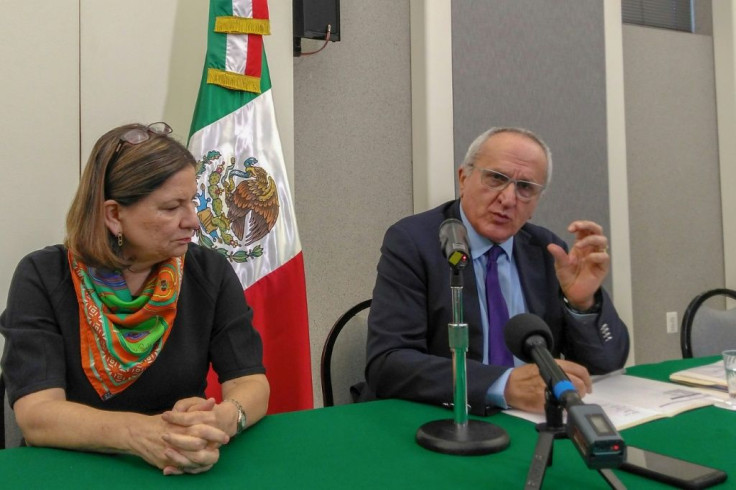North America Trade Deal: Mexico Accepts US Demand On Steel With Conditions

Mexico has softened its resistance to the U.S. proposal on regulating steel in the new trade deal USMCA seeking to replace NAFTA.
Mexico’s Foreign Minister Marcelo Ebrard said on Sunday his country is willing to accept the U.S. proposal under conditions that the rule should take effect only after five years of the trade deal's ratification, Reuters reported.
The steel-related dispute with Mexico cropped up when the U.S. trade representative, Robert Lighthizer, demanded revision of the definition of “what should constitute North American steel” based on the rules of origin in the automotive sector.
However, Ebrard said Mexico rejected the U.S. demand to conduct labor inspections in Mexico along with some more demands on aluminum as part of revisions to the USMCA.
However, a Mexican diplomat, while talking to reporters in Washington on Saturday exuded confidence that revisions to the deal will be concluded soon.
“We’re getting close, I’m confident,” said Jésus Seade, Mexico’s deputy foreign minister for North America to reporters and added talks will continue Monday, said the Guardian report.
Trump attacks Pelosi for delaying trade deal
Amidst indications that revisions to the United States-Mexico-Canada Agreement trade deal are in the last lap, President Donald Trump mounted an attack on senior Democrat and House Speaker Nancy Pelosi.
Trump’s tweet on Saturday said, if the House speaker, Nancy Pelosi, “doesn’t move quickly”, the deal “will collapse!”
While Mexico endorsed USMCA this year, the U.S. ratification has been delayed as Democrats raised concerns over the enforcement of labor and environmental clauses.
Pelosi’s reservations
Meanwhile, the latest news reports highlighted the concerns of Speaker Nancy Pelosi on certain clauses in the deal. The Speaker is reportedly against key legal protection for tech companies in the trade deal relating to user-generated online content.
The Wall Street Journal reported the matter first.
According to the CNBC report, removing the legal shield will be a blow to tech companies. In the proposed trade deal, under Section 230 of the Communications Decency Act, online platforms are insulated from liability for users’ content.
Although provision will make tech companies secure with legal protections abroad, many lawmakers within the U.S are raising the wisdom of keeping the law as concerns had been high on alleged smear content appearing on Facebook, Twitter, and YouTube.
“There are concerns about enshrining the increasingly controversial Section 230 liability shield in our trade agreements,” a spokesperson for Pelosi told CNBC.
© Copyright IBTimes 2024. All rights reserved.



















